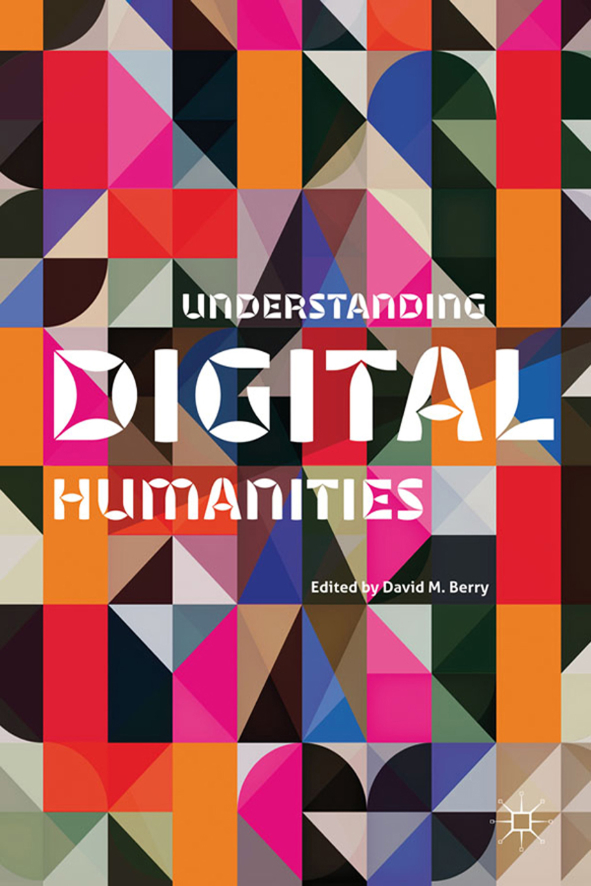
Berry, D.. Introduction: Understanding the Digital Humanities, pp. 1-20. In. David M. Berry (Ed.) (2012). Understanding Digital Humanities. Palgrave Macmillan.
Destaques
Rui Alexandre Grácio [2024]
«To mediate a cultural object, a digital or computational device requires that this object be translated into the digital code that it can understand. (…)The key point is that without the possibility of discrete encoding there is no cultural object for the computational device to process. (…) In other words, a computer requires that everything is transformed from the continuous flow of everyday life into a grid of numbers that can be stored as a representation which can then be manipulated using algorithms. (…) The digital humanities themselves have had a rather interesting history. Originally called ‘computing in the humanities’, or ‘humanities computing’, in the early days they were often seen as a technical support to the work of the ‘real’ humanities scholars, who would drive the projects». p. 2
«In trying to understand the digital humanities, our first step might be to problematise computationality, so that we are able to think critically about how knowledge in the twenty-first century is transformed into information through computational techniques, particularly within software.» p. 6
«The importance of understanding computational approaches is increasingly reflected across a number of disciplines, including the arts, humanities and social sciences, which use technologies to shift the critical ground of their concepts and theories – something that can be termed a computational turn.» p. 11
«Computational techniques are not merely an instrument wielded by traditional methods; rather they have profound effects on all aspects of the disciplines. Not only do they introduce new methods, which tend to focus on the identification of novel patterns in the data as against the principle of narrative and understanding, they also allow the modularisation and recombination of disciplines within the university itself.
Computational approaches facilitate disciplinary hybridity that leads to a post-disciplinary university – which can be deeply unsettling to traditional academic knowledge. Software allows for new ways of reading and writing.» p. 13
«Nonetheless, pattern and narrative are useful analytic terms that enable us to see the way in which the computational turn is changing the nature of knowledge in the university and, with it, the kind of computational subject that the university is beginning to produce. (…) In short, Bildung is still a key idea in the digital university, not as a subject trained in a vocational fashion to perform instrumental labour, nor as a subject skilled in a national literary culture, but rather as a subject which can unify the information that society is now producing at increasing rates, and which understands new methods and practices of critical reading (code, data visualisation, patterns, narrative) and is open to new methods of pedagogy to facilitate it.» p. 14-15)
«Philosophy as a field of inquiry, one might argue, should have its ‘eye on the whole’, and it is this focus on ‘the landscape as a whole’ which distinguishes the philosophical enterprise and which can be extremely useful in trying to understand these ontotheological developments (Sellars 1962: 36). If code and software are to become objects of research for the humanities and social sciences, including philosophy, we will need to grasp both the ontic and ontological dimensions of computer code. Broadly speaking, then, I suggest that we introduce a humanistic approach to the subject of computer code, paying attention to the wider aspects of code and software, and connecting them to the materiality of this growing digital world. With this in mind, the question of code becomes increasingly important for understanding in the digital humanities, and serves as a condition of possibility for the many new computational forms that mediate our experience of contemporary culture and society.» p. 17

Última atualização em 23 de fevereiro de 2026